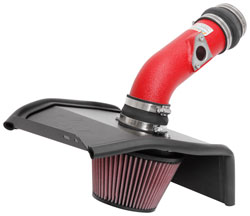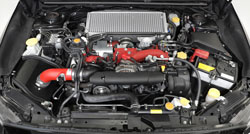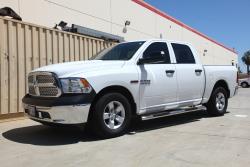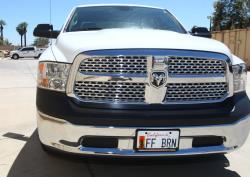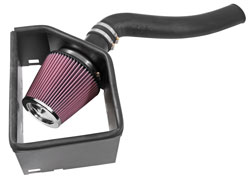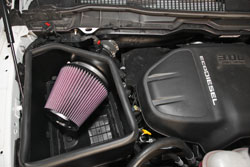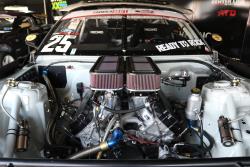7 Essential Tasks to Prepare Your Vehicle for Summer
- 04.06.2018
| Before summer hits in full force, it’s critical to ensure your vehicle is ready for the extreme temperatures that the hotter months frequently bring. A few simple steps can help you avoid ending up on the side of the road with an overheated engine, a dead air conditioning system, or a flat tire. Check out our top tips for preparing your vehicle for summer!
CHECK YOUR COOLING SYSTEMOverheating on the open road in the middle of summer isn’t just inconvenient—it can actually cause permanent engine damage. Take a good look under the hood (after the engine has fully cooled, which can take a few hours) and examine your radiator and hoses—any cracks or leaks should be repaired, and all connections should be snug. Shiny areas on belts and hoses are a sign of serious wear, and are often the result of extreme heat damage. While you’re at it, make sure to fill your coolant reservoir to the recommended level (a 50/50 mixture of coolant and distilled water is standard). Manufacturers generally advise that coolant be completely flushed and replaced every two years. If you do need to add/drain some coolant, make sure to keep it out of reach of your furry friends—dogs particularly love the taste of coolant, and drinking even small amounts can be lethal. EXAMINE YOUR AIR CONDITIONING SYSTEMCheck for worn or damaged belts in your air conditioning system. Your compressor is located near the front of the engine, and is powered by the main drive belt—if the belt is worn or cracking, it could fail (often at the most inopportune moment, like when the temperature is in the triple digits!). Also check your refrigerant levels. If you spot any problems, take the opportunity to visit your mechanic before serious issues arise. TAKE A LOOK AT YOUR BRAKE PADS
SWAP FOR SUMMER TIRESAn often-overlooked component of safe summer driving, summer tires (often called performance tires) are built to maintain excellent grip on the road—even if the pavement is burning hot or soaking wet with rain. They typically feature shorter sidewalls, less prominent tread, and stiffer construction, allowing for less friction and better fuel economy. You will also likely enjoy enhanced cornering and braking. Remember to always check your tires for proper inflation, as high temperatures can cause pressure variations, sometimes resulting in blowouts. (This is also a good time to check the pressure in your spare tire, if you have one). PLAN AHEAD FOR TOWINGIf you plan on towing for your summer trips—whether it be a trailer, boat, or toy hauler—you definitely want to check to make sure that your planned load is under your vehicle’s maximum towing capacity, your trailer hitch is secure, and your lights are working properly. It’s much easier to check things out ahead of time—rather than trying to correct problems the morning of a big trip! SWITCH OUT YOUR WINDSHIELD WIPERSThere’s nothing like an unexpected thunderstorm in the middle of a sweltering summer—especially if your windshield wipers have turned into ineffectual, screechy sticks in the heat. Take a few minutes to ensure that your wipers still have good grip, and replace them if necessary. CHANGE YOUR ENGINE/CABIN AIR FILTERS
With a little forethought, your vehicle can be just as reliable during the extremely hot summer months as it is during the rest of the year—and you can enjoy peace of mind on your vacations and day-trips! |

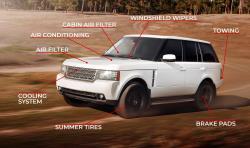
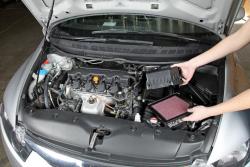
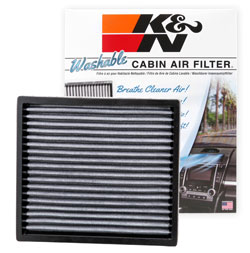



.jpg)
